What kind of education do preschoolers need?
A scholarly quartet has ideas, and they recently revealed them online.
For the Summer 2021 edition of the National Association for the Education of Young Children’s (NAEYC) journal, science was dutifully dropped.
The authors of “Viewpoint. Creating Antiracist Early Childhood Spaces“:
- Rosemarie Allen — associate professor of early childhood education at Metropolitan State University of Denver
- Dorothy Shapland — assistant professor of early childhood education at Metropolitan State University of Denver
- Jen Neitzel, Ph.D. — executive director at Educational Equity Institute
- Iheoma U. Iruka Ph.D. — research professor of public policy and founding director of the Equity Research Action Coalition at Frank Porter Graham Child Development Institute at University of North Carolina at Chapel Hill
First of all, what is “antiracism“?
UCLA law professor and Intersectionality Matters! podcast host Kimberlé Crenshaw helps out:
“Anti-racism is the active dismantling of systems, privileges, and everyday practices that reinforce and normalize the contemporary dimensions of white dominance. This, of course, also involves a critical understanding of the history of whiteness in America.”
Per CNN, microaggressions to avoid:
- “Don’t blame me. I never owned slaves.”
- “All lives matter.”
- “I don’t care if you’re white, black, yellow, green or purple.”
“The focus on racial equity following the murder of George Floyd,” the NAEYC piece begins, “has resulted in conversations about racism that were unheard of less than a year ago.”
And now, the four figure, an antiracist approach must be enacted and sustained.
The essay asserts teachers need to “understand the racial history of early childhood programs and the racism in current early childhood programs.”
In the 60’s, society was sick:
[B]lack families, especially Black single mothers, were viewed as pathological, inept, and incapable of providing an optimal environment for their children. It was believed that Black families needed to be taught how to parent their children by the White teachers in the program. The fear of unruly, uneducated, and socially deviant children led to the implementation of preschool curricula focused on improving IQ scores, learning socially “appropriate behaviors,” and responding positively to those in authority.
An emphasis on “psychopathologic outcomes such as criminalization and teen pregnancy,” the crew contends, “contributed to [a] deficit lens of Black children and communities.”
A major error: Systemic racism was ignored.
[One research project] sought to fix children from families with low income rather than address the structural racism that led to the disproportionate numbers of Black children living in poverty and being labeled as “deprived.”
Monumental mistakes are still being made:
More often than not, early childhood educators and programs think or teach about race, bias, and equity from one of two approaches: “the color-blind approach” or the “celebration of differences approach.”
Wrongness has a root:
These stem from beliefs that if educators teach love, kindness, and fairness only, then they do not need to point out or discuss racial bias or inequities with our young learners.
Such efforts “fail to acknowledge that everyone has lived their lives in a system that is racist,” the four insist.
Furthermore, “Early childhood classrooms contribute to societal racism and anti-Blackness, or the belief that ‘Black bodies become marginalized, disregarded, and disdained.'”
If you’re not antiracist, you’re…
[I]f teachers are not actively working toward an anti-racist early childhood space, then they may be teaching children to be racist by their own behaviors and words in the classroom.
So how do caretakers create “antiracist early childhood environments?
You’ve got to hammer it in, day after day:
Antiracist teachers teach about racism throughout the day and the curriculum.
As an assist, the scholars offer recommended reading:
- The 1619 Project, by Nikole Hannah-Jones (2019)
- Between the World and Me, by Ta-Nehisi Coates (2015)
- How to Be an Antiracist, by Ibram X. Kendi (2019)
- Stamped from the Beginning, by Ibram X. Kendi (2016)
- Waking Up White: And Finding Myself in the Story of Race, by Debby Irving (2014)
- White Fragility, by Robin DiAngelo (2018)
- White Rage, by Carol Anderson and Pamela Gibson (2017)
Campus Reform spoke to NAEYC article author Jen Neitzel.
She told the outlet many “falsely believe that children are colorblind.”
In reality, infants can be awful:
“[I]nfants are able to nonverbally categorize people by race and gender at six months of age.”
Additionally, Iheoma U. Iruka waxed on how young racists may bloom:
“While we don’t have a numerical number, racism, arguably, is the air we breathe in the country and also permeates the early childhood space. We know that it is felt on many levels, but young children don’t have the cognitive development or language expertise to articulate it.”
So get your tiny tyke into antiracism early.
Otherwise, you might create another racist.
And we’ve already got far too many of those.
-ALEX
See more pieces from me:
Meghan McCain Turns on Biden, Calls Him ‘Unfit to Lead,’ ‘Jimmy Carter on Acid’
F-Bombing Teacher Tells Kids Trump Is a ‘Sexual Predator’ and ‘Parents Are Dumber’ Than They Are
Find all my RedState work here.
Thank you for reading! Please sound off in the Comments section below.
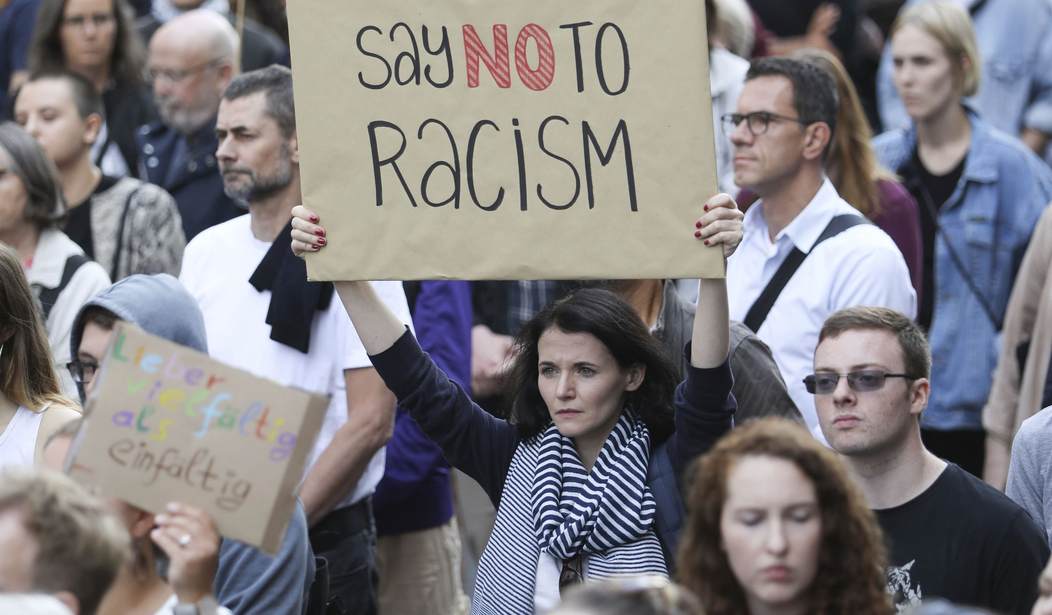

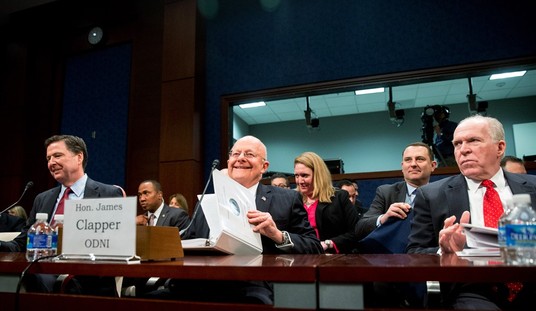
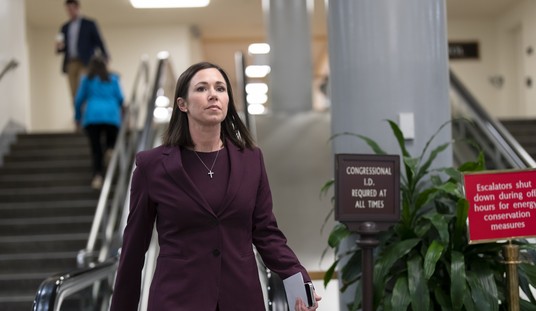
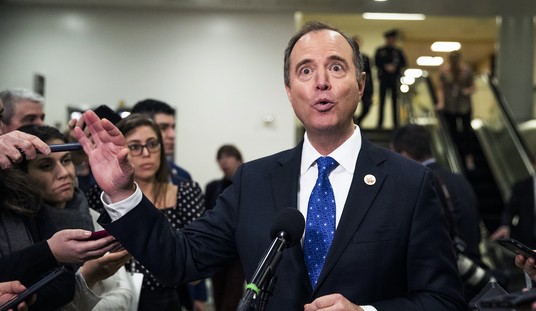







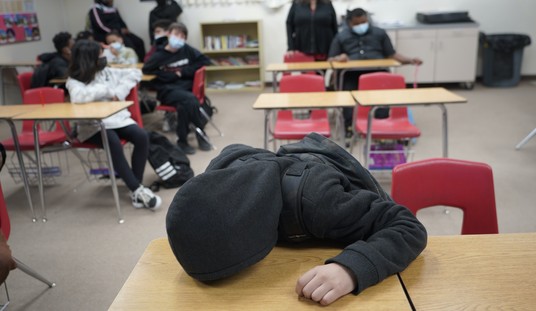
Join the conversation as a VIP Member